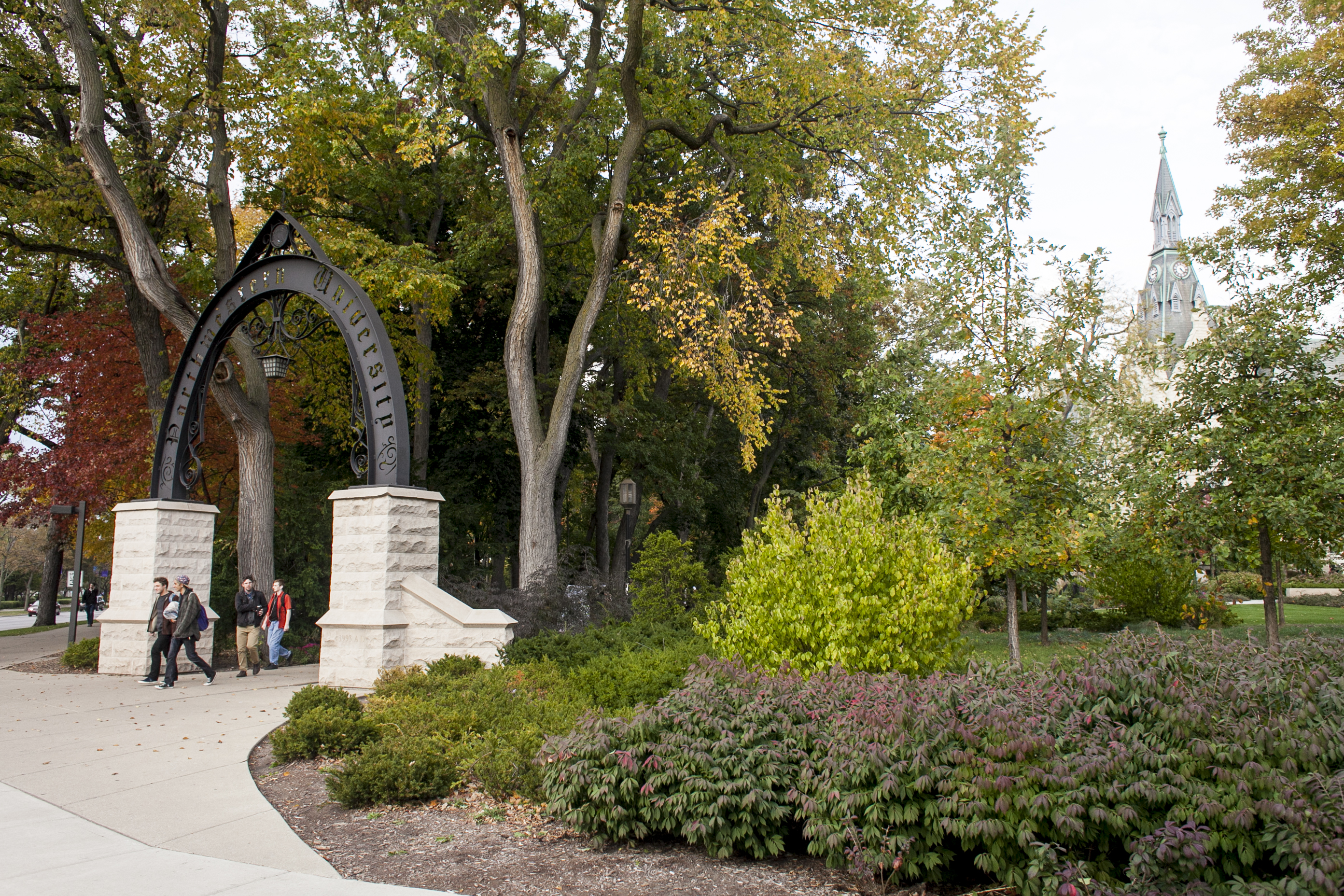The Chicago Bears announced Friday that a potential new stadium development in Arlington Heights is "at risk," revealing the team has opened up talks with the city of Naperville amid a battle over their property taxes.
That battle has to do with the value of the 326-acre site that once held the former Arlington International Racecourse. The Bears purchased the property from Churchill Downs in February, for $197.2 million, with plans to build a new stadium complex that includes commercial and residential development as well.
The previous assessed value of the site was roughly $33 million, but as part of the triennial reassessment, Assessor Fritz Kaegi’s office placed its value at $197 million. That increase would have hiked the property tax bill proportionally, prompting a nearly sixfold spike.
Churchill Downs - on the hook for the increased bill for tax year 2022 - filed an appeal, asserting that the property is worth $37.2 million. Area school districts, which are funded by property taxes and thus stood to benefit from the increased value, intervened in the appeal, arguing that the property is worth $150 million.
Feeling out of the loop? We'll catch you up on the Chicago news you need to know. Sign up for the weekly Chicago Catch-Up newsletter here.
A settlement between the parties announced Thursday set the value at $95 million. But that's a one-year agreement, meaning the Bears will have to revisit the issue in the coming months as the responsibility for that tax bill transfers to them.
The Bears have long said they would not seek public funding for the construction of a football stadium itself, but they do want two things: public funding for infrastructure of the surrounding development, and certainty on their property tax bill, in order to move forward with any redevelopment of the Arlington Heights property. In a statement Friday, the team said the $95 million figure has prompted them to look elsewhere.
“The Chicago Bears goal of building the largest single development project in Illinois history led by billions of dollars in private capital investment, and the jobs and economic benefits generated, is at risk in Arlington Heights," a statement from the team reads.
Local
"The stadium-based project remains broadly popular in Arlington Heights, Chicagoland and the state. However, the property’s original assessment at five times the 2021 tax value, and the recent settlement with Churchill Downs for 2022 being three times higher, fails to reflect the property is not operational and not commercially viable in its current state," the team continued. "We will continue the ongoing demolition activity and work toward a path forward in Arlington Heights, but it is no longer our singular focus. It is our responsibility to listen to other municipalities in Chicagoland about potential locations that can deliver on this transformational opportunity for our fans, our club and the State of Illinois.”
A spokesman for Cook County Assessor Fritz Kaegi again defended the valuation on Friday.
"Our office’s mission is to assess property based on market value," the assessor's office said. "The 2022 assessment of the former Arlington Racecourse site is consistent with both the 2023 purchase price of the property and the price per square foot of other similarly sized land in the area. The facts speak for themselves."
As the battle over the Arlington Heights tax bill continues, Naperville Mayor Scott Wehrli sent Bears President Kevin Warren a letter last week to entice him to the west suburban city.
"The city would welcome the opportunity to review your business needs and our available properties," Wehrli's letter reads in part. "Through prudent planning, Naperville is accessible via our region's major interstates and Metra. We have several available or to-be-available sites that may fit the characteristics you are looking for in your future home."
A spokesman for the Bears confirmed Wehrli and Warren were meeting Friday afternoon.
Arlington Heights Mayor Tom Hayes said Warren called the village Friday morning to let them know about the discussions with Naperville, noting the latest development came as no surprise.
"It wasn't totally unexpected and so we appreciate the heads up. And I told him, as I would tell you, that this is just part of their due diligence and exploring all options," Hayes said. "I would do the same as a business owner myself, I would do the same as a mayor of another community if I have property in my town that could hold a NFL stadium. And so everybody is looking out for their best interest, but I'm confident that in the end, Arlington Heights will be determined to be the best piece of property for the bears stadium for the next 50 years or more."
"There are still hurdles to overcome with respect to the Arlington Park property," he continued. "The tax assessment for the next two years, obviously, is the initial hurdle. And once that's resolved, and we're going to do all we can to encourage a settlement or resolution of that issue, then I expect we'll move forward and see some more definite plans from the Bears."



